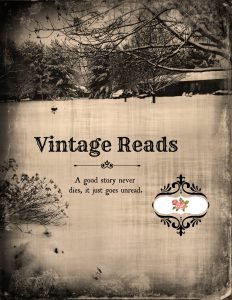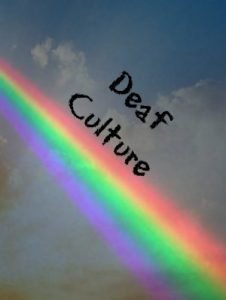The Westing Game is a mystery, or more accurately, a puzzle-mystery as  described in the author’s own words. With sixteen characters, each with their own point-of-view, the challenge of solving the mystery ranks on par with the difficulty level of a 3000-piece jigsaw puzzle.
described in the author’s own words. With sixteen characters, each with their own point-of-view, the challenge of solving the mystery ranks on par with the difficulty level of a 3000-piece jigsaw puzzle.
As an avid reader, I hate to waste my time rereading any story. There are so many books, and I have so little time! But The Westing Game has joined the exclusive club of Second Reads in Linda’s Library. In fact, because of the complicated puzzle, as soon as I read the last page, I turned to the front of the book and started over. I wanted to discover all the clues I had missed in the first reading. I’ve never done that before.
Synopsis
Sam Westing, the reclusive multi-millionaire, has been murdered. Sixteen heirs are invited to a reading of the will, which, in reality, is a contest. Whoever can solve the puzzle of Westing’s death inherits his estate. His lawyer provides the clues, a few at a time. Without mentioning every possible heir, the characters include perky and angry preteen Turtle to the morose, sixty-something Crow, from an African-American judge to the doorman of the apartment where most of the sixteen live. How one of them is able to solve the puzzle becomes an exercise in fascination. And how all sixteen characters grow in kindness and love toward one another warms the heart.
Pros
1. An excellent mystery is a pro in itself. If I can’t predict the outcome until the last page or two, the author has succeeded with flying colors. I was able to solve the major clues early on, yet couldn’t solve the entire puzzle-mystery.
2. The story is full of surprises along the way. I love surprises!
Cons
1. The head-hopping with sixteen POVs was disconcerting. But I got used to it and started to enjoy it.
2. The puzzle is awfully complex for a middle-grader to follow. I kept returning to previous pages and checked specific clues to keep track of the story. During an earlier era of my life (before my motto of “relentlessly eliminate hurry”), I had started this book and set it down because I didn’t have the leisure of mulling over the possibilities. I’m so glad I took the time to enjoy it now.
Discussion Questions
While there are dozens of questions one could ask regarding each clue, let’s skip to the end and see if your child knows the answers.
1. Who was Sam Westing?
2. When did Sam Westing die?
3. Who received the inheritance?
4. Why did Sam Westing create this crazy puzzle-mystery in the first place? (Hint: several possible answers would be acceptable which involve the man’s character as well as the integrity of the sixteen heirs.)
Conclusion
Just to whet your inquisitive appetite, I’ll leave you with some of the questions I came up with as I read.
1. Plain, grain, skies, brother?
2. Is Grace a Wexler, a Windkloppel, or a Westing?
3. Who else plays chess?
4. Will Angela die like Violet died?
5. Is Otis Amber a nut or a genius?
Happy reading!



